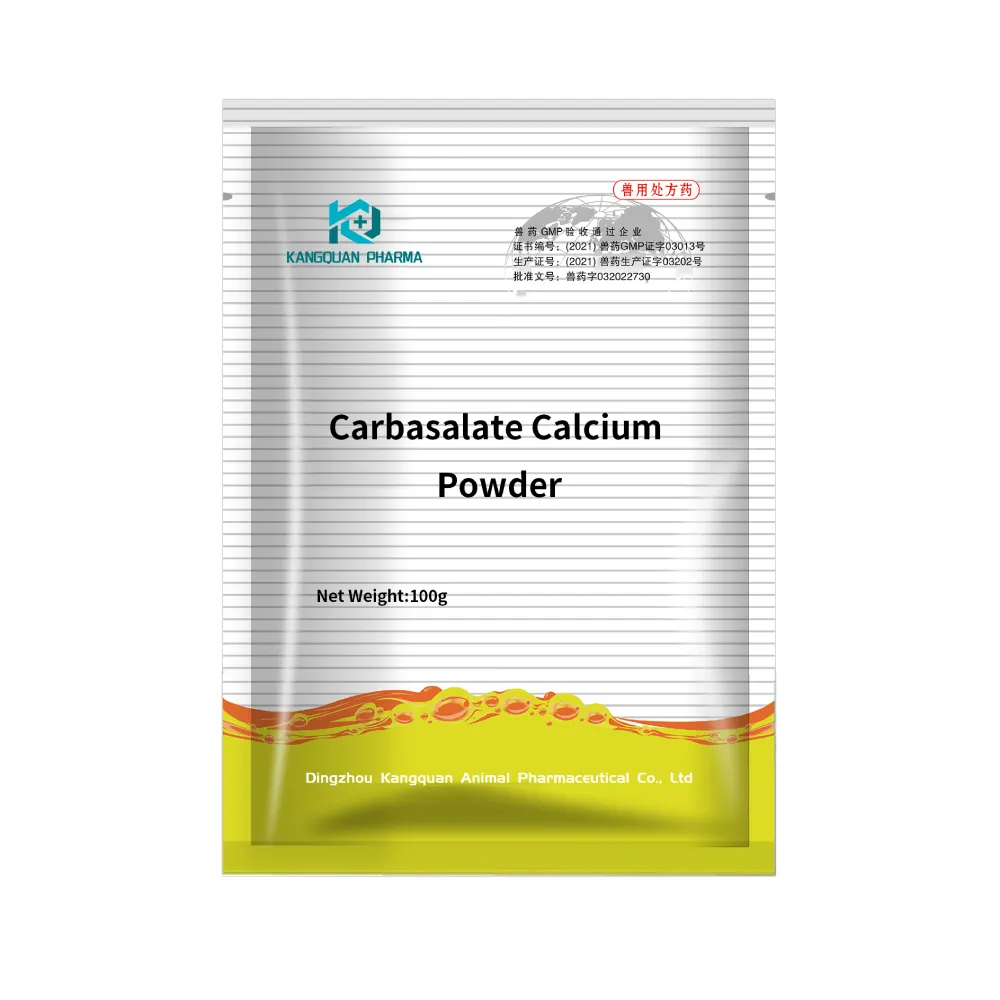- Afrikaans
- Albanian
- Amharic
- Arabic
- Armenian
- Azerbaijani
- Basque
- Belarusian
- Bengali
- Bosnian
- Bulgarian
- Catalan
- Cebuano
- Corsican
- Croatian
- Czech
- Danish
- Dutch
- English
- Esperanto
- Estonian
- Finnish
- French
- Frisian
- Galician
- Georgian
- German
- Greek
- Gujarati
- Haitian Creole
- hausa
- hawaiian
- Hebrew
- Hindi
- Miao
- Hungarian
- Icelandic
- igbo
- Indonesian
- irish
- Italian
- Japanese
- Javanese
- Kannada
- kazakh
- Khmer
- Rwandese
- Korean
- Kurdish
- Kyrgyz
- Lao
- Latin
- Latvian
- Lithuanian
- Luxembourgish
- Macedonian
- Malgashi
- Malay
- Malayalam
- Maltese
- Maori
- Marathi
- Mongolian
- Myanmar
- Nepali
- Norwegian
- Norwegian
- Occitan
- Pashto
- Persian
- Polish
- Portuguese
- Punjabi
- Romanian
- Russian
- Samoan
- Scottish Gaelic
- Serbian
- Sesotho
- Shona
- Sindhi
- Sinhala
- Slovak
- Slovenian
- Somali
- Spanish
- Sundanese
- Swahili
- Swedish
- Tagalog
- Tajik
- Tamil
- Tatar
- Telugu
- Thai
- Turkish
- Turkmen
- Ukrainian
- Urdu
- Uighur
- Uzbek
- Vietnamese
- Welsh
- Bantu
- Yiddish
- Yoruba
- Zulu
nov . 08, 2024 23:01 Back to list
Advancements in Antifungal Treatments for Veterinary Medicine and Animal Health
Veterinary Antifungal Treatments Ensuring Feline and Canine Health
Fungal infections in animals, particularly in pets like cats and dogs, can pose significant health risks. Although these infections are often overlooked, they can lead to serious conditions affecting the skin, respiratory system, and even internal organs. Understanding the role of antifungal medications in veterinary medicine is crucial for pet owners to ensure the health and well-being of their furry companions.
Types of Fungal Infections
In veterinary practice, there are various types of fungal infections that can affect pets. The most common include dermatophytes (such as Microsporum canis, the causative agent of ringworm), systemic mycoses (like Blastomycosis and Histoplasmosis), and opportunistic infections (such as Aspergillus species). These infections can result from environmental exposure, immune system deficiencies, or underlying health problems.
Dermatophytes, for example, are contagious fungi that primarily infect the skin, hair, and nails. Symptoms may include hair loss, itchy lesions, and scaly patches, which can be particularly distressing for both pets and their owners. Systemic mycoses are not as common but can lead to more severe complications and are often harder to diagnose, as symptoms may mimic other illnesses.
Antifungal Medications in Veterinary Medicine
Antifungal treatment in veterinary medicine is critical for managing and curing these infections
. There are several antifungal agents commonly used, each with varying mechanisms of action and suitability for different types of fungal infections.1. Azoles This class includes drugs like fluconazole, itraconazole, and ketoconazole. Azoles work by inhibiting the synthesis of ergosterol, a vital component of fungal cell membranes, thereby effectively disrupting fungal growth and reproduction. They are used for both superficial and systemic fungal infections.
2. Polyene Antibiotics Amphotericin B and nystatin fall under this category. These drugs bind to ergosterol in the fungal cell membrane, creating pores that lead to cell death. They are often reserved for severe systemic infections due to their potential for toxicity.
veterinary antifungal

3. Echinocandins An emerging class of antifungals, including caspofungin and micafungin, echinocandins work by inhibiting the synthesis of glucan in fungal cell walls. They are typically reserved for resistant fungal infections.
4. Griseofulvin Specifically used for treating dermatophyte infections, griseofulvin disrupts fungal cell division. It is commonly prescribed for ringworm infections in dogs and cats.
5. Topical Treatments For localized infections, topical antifungal treatments such as miconazole or clotrimazole can be effective. These are typically used for skin infections or superficial mycoses.
Proper Diagnosis and Treatment
Before initiating antifungal therapy, it is essential for veterinarians to conduct a proper diagnosis, often involving skin scrapings, fungal cultures, and sometimes blood tests. Misdiagnosis can lead to ineffective treatment and worsening of the pet's condition.
Moreover, it is crucial for pet owners to follow the veterinarian's prescribed treatment plan carefully. Antifungal drugs may require extended treatment periods to ensure full eradication of the fungus, and premature discontinuation can lead to recurrence.
Conclusion
In conclusion, understanding veterinary antifungal treatments is essential for tackling the rising incidence of fungal infections in pets. Awareness and timely intervention can make a difference in maintaining the health of our beloved cats and dogs. If you suspect your pet is suffering from a fungal infection, it is vital to consult a veterinarian as soon as possible. By acting quickly, we can ensure our furry companions lead healthy, happy lives.
-
Guide to Oxytetracycline Injection
NewsMar.27,2025
-
Guide to Colistin Sulphate
NewsMar.27,2025
-
Gentamicin Sulfate: Uses, Price, And Key Information
NewsMar.27,2025
-
Enrofloxacin Injection: Uses, Price, And Supplier Information
NewsMar.27,2025
-
Dexamethasone Sodium Phosphate Injection: Uses, Price, And Key Information
NewsMar.27,2025
-
Albendazole Tablet: Uses, Dosage, Cost, And Key Information
NewsMar.27,2025













